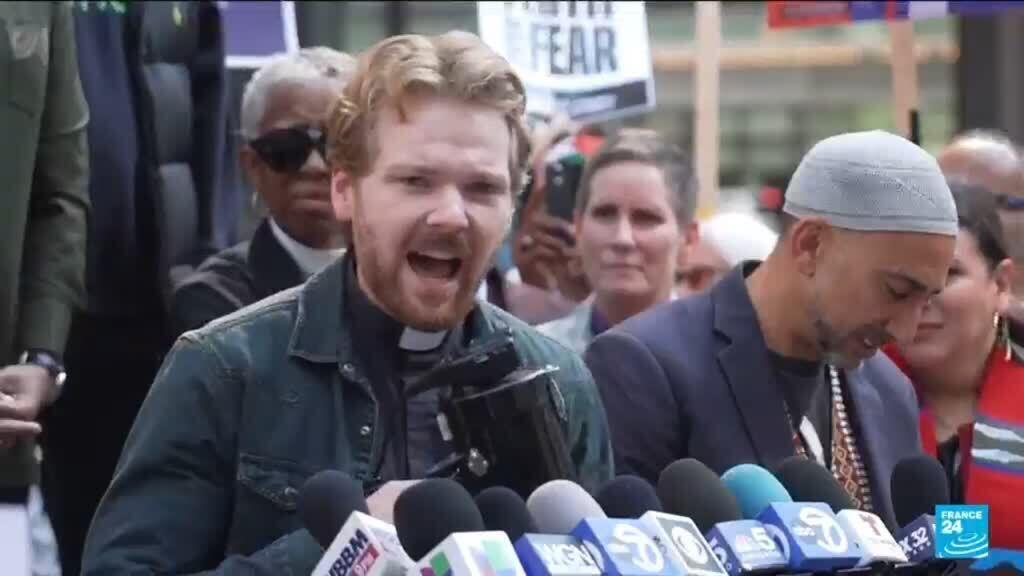Former minister Louise Haigh pitches in with call for ‘economic reset’ as reports suggest candidates will have only four days to secure MP nominations
Here is a summary of the main points in Louise Haigh’s New Statesman article published today under the heading “The fiscal straighjacket facing Labour must be broken”. (See 8.52am.) Although Haigh includes a line saying Labour should be “shouting from the rooftops” about its achievements, the article is mostly a critique of Rachel Reeves’s fiscal orthodoxy, combined with a general call for more radicalism from the government.
Haigh criticised the government for failing to offer the “full transformation” Britain needed. She said:
Labour was elected in 2024 to rebuild Britain – not to steady the ship, but to remake it completely.
Haigh said Labour should be more radical, and less deferential to institutions. She said:
One year on, our mission of renewal is under threat. Economic circumstances and excessive deference to independent institutions are frustrating the democratic demand for change …
Yet the damage wasn’t just financial. It was institutional. The Conservatives embedded a model of governance where opaque watchdogs outrank democratic choice. Labour now runs the risk of exacerbating these issues.
Haigh criticised the “unaccountable orthodoxy” of the Office for Budget Responsibility and its impact on economic decision making. She said:
Originally created to provide an independent check on economic forecasts and help policymaking, [the OBR] has morphed into a gatekeeper of orthodoxy. Its models often underestimate the long-term returns of public investment and ignore the wider benefits of progressive taxation or public ownership.
We now know that Sure Start centres, for example, delivered £2 of savings for every pound spent – yet their closure under Osborne was never flagged as a fiscal risk. Nor does the OBR’s sustainability report warn that childhood poverty today will mean higher costs tomorrow.
Haigh said the OBR should revise its growth forecasts only once a year, not twice a year as it is required to do now under law passed by the Tories. She said this would “give ministers the space to design serious, long-term reforms – not scramble for short-term fixes to meet arbitrary fiscal targets”. It is thought that Starmer thinks this too. But the government has been nervous about changing the way the OBR operates in case that gets interpreted as a weakening of fiscal discipline.
Haigh criticised the “quantitive tightening” policy being followed by the Bank of England. She said this was a result of the way George Osborne introduced quantitive easing when he was chancellor. The IPPR, a leftwing thinktank, has made the same argument.
Haigh said the Bank of England should stop paying interest on central bank reserves to commercial lenders. She said:
It is beyond comprehension that we have not already reformed our approach to the payment of interest on reserves held in the Bank of England reserves. Commercial banks are earning near-Bank Rate on hundreds of billions in deposits costing the taxpayer roughly £40bn a year.
Continue reading...

 1 day ago
2
1 day ago
2 










 Bengali (Bangladesh) ·
Bengali (Bangladesh) ·  English (United States) ·
English (United States) ·